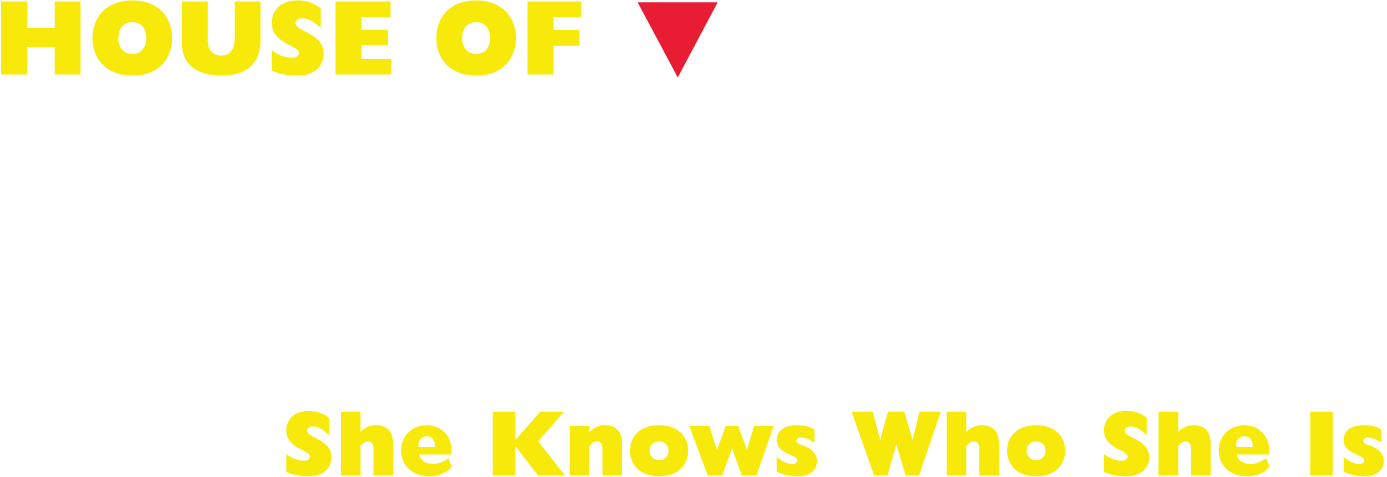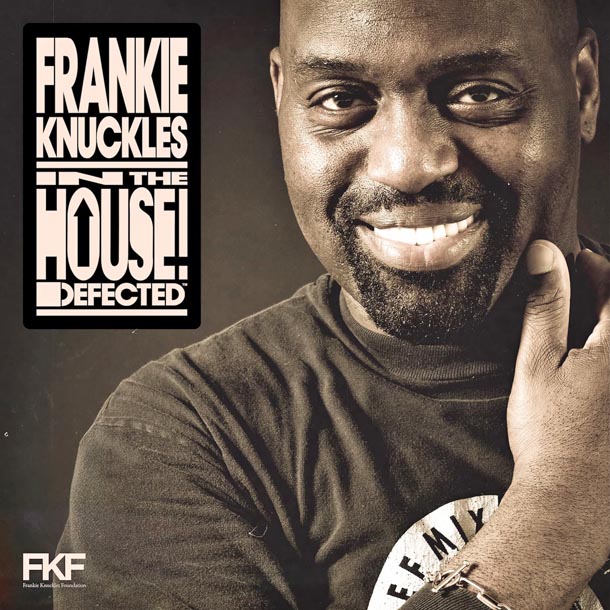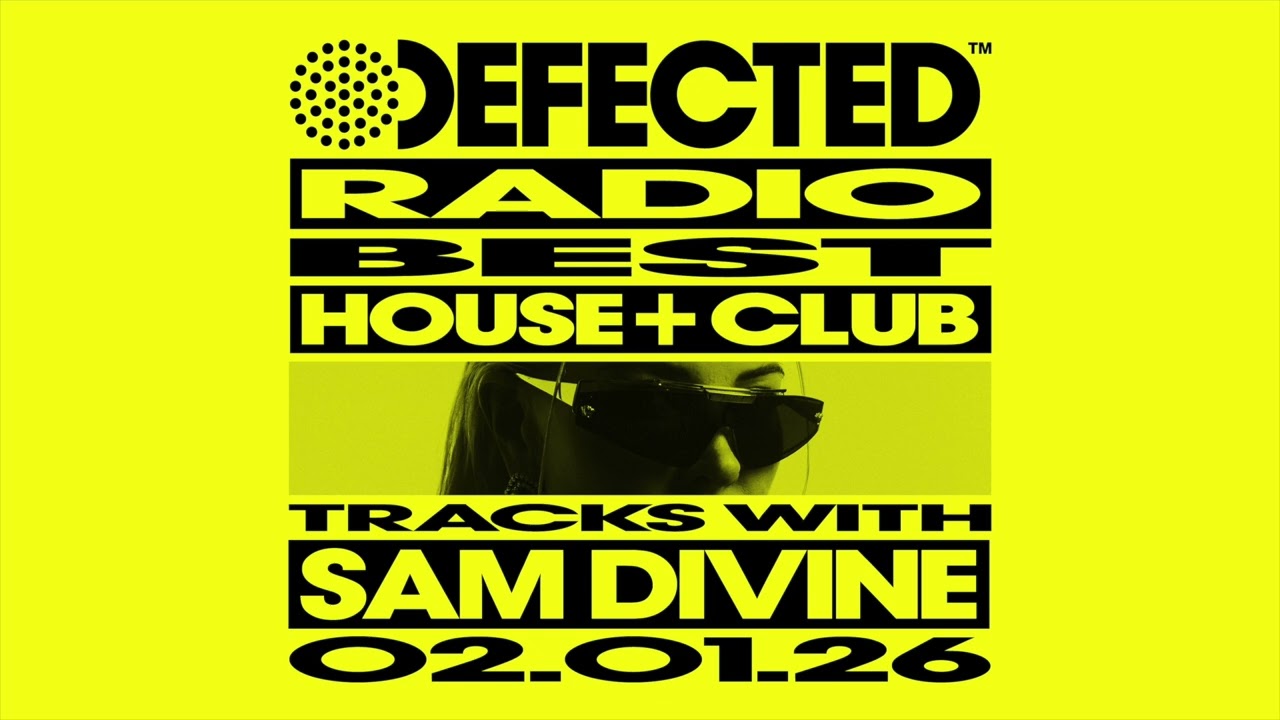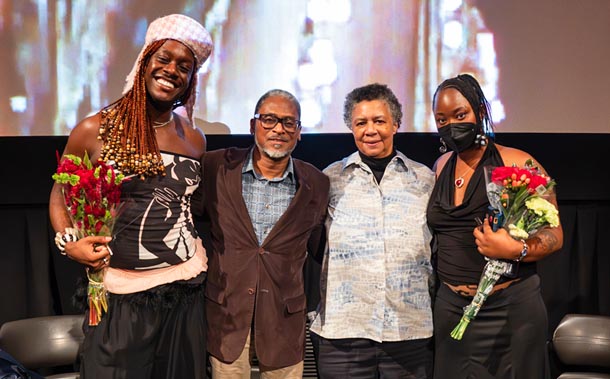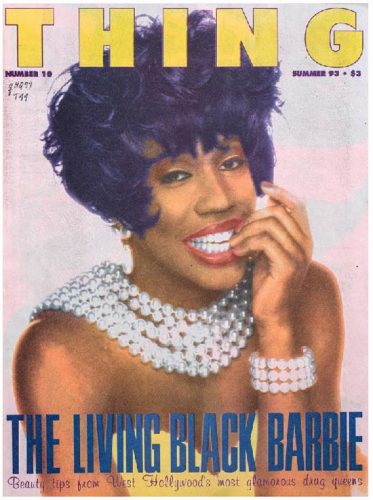
Owen Keehnen Talks with Zine Pioneer Robert Ford, 1993
The legendary ‘Thing’ magazine, the “she knows who she is” magazine, began in late 1989 as a couple hundred Xeroxes done by three friends. Success came quickly. The third issue was sent to the printer for a run of 1000. Sales continued to escalate, distribution climbed. The style and layout became graphically slicker but the content remained hip, urban, and sassy.
The sixth issue had a print run of 2000 and in just the last couple of issues ‘Thing’ rose to a printing of 3000 per. Those numbers may be relatively small in the magazine world, but in the zine world they are gigantic.
In early August of 1993 Robert Ford, the publisher, editor, co-art director, and primary driving force behind ‘Thing’ announced that newly released issue #10 would be the final one. ‘Thing’ had come to an end, but it rode the crest of zine popularity with a quality and style that was nothing short of superb. It helped set the pace as well as the standards of the underground zine movement. It was the format’s greatest success story. The very existence of ‘Thing’ helped define a HUGE and relatively unexplored part of the gay/lesbian/trans queer movement…the zine explosion.
I used to have a regular column for ‘Thing’. It was fun and completely unedited and Robert was kind enough to give me a voice. I was also writing for various papers at the time and I set up an interview with him quite soon after his announcement that ‘Thing’ was ceasing publication. I remember biking to Robert’s walk-up apartment the day we did the interview. It was so damn hot. In the hallway on the landing just outside his door was basically the ‘Thing’ archives with not-so-neat stacks of all the back issues. Though now I am greatly relieved to know that every issue is in the archives at The Chicago Historical Society; it was too important of a cultural movement to be lost.
Robert welcomed me that day with a weary smile. He was sick at the time, real sick, and I remember it being excruciatingly warm in his apartment. Despite his illness he was as charming as ever as we discussed what led to his decision to end ‘Thing’, his thoughts on the zine movement, and what projects he had lined up for the future.
Not too terribly long after this interview was published another incredible, powerful, and vibrant voice of the queer movement was silenced.
*****
Owen Keehnen: What considerations led to your decision to have issue #10 be the final ‘Thing’?
Robert Ford: Lots of them. Financial decisions were important. ‘Thing’ was always barely able to pay for itself, but it never was really self-sufficient as a publication. It would always reach a zero bank account between issues. ‘Thing’ had reached an odd scale, too small to generate lots of funding and too large to run without a staff.
Keehnen: Was ‘Thing’ the first zine you worked on?
Ford: I was always interested in publishing. A couple years before I did a magazine called ‘Think Ink’. It was very black and not very gay, but it was pretty queer friendly though that wasn’t a defining point for it. It lasted a couple of issues. It never made any money, but it was a learning process. It got me to dive in and get my hands dirty. I learned a lot about putting out a magazine. Then after ‘Think Ink’ I started seeing more zines cropping up, ‘My Comrade’, ‘Pansy Beat’, and ‘Sin Brothers’. I also had a McIntosh and I think part of me was looking for something to do with it.
Keehnen: There you go.
Ford: I found something all right.
Keehnen: What original vision did you have when you began publishing ‘Thing’ in late 1989?
Ford: The original intent was to do a zine very clearly from a black underground focus. Trent Adkins, Lawrence Warren, and I were the three founders of the original ‘Thing’. We were all fans of what was happening in the underground because there was so much in the way of a black sensibility there. We didn’t want to fault the magazine media for not being that, but we saw the possibility for an alternative media. We knew for ourselves what a rich and important cultural thing gay black men have and share. We wanted to make a magazine that would be a way of documenting our existence and contribution to society. Our idea was not so much radicalize or subvert the idea of magazines as to make one from our own point of view. It wasn’t about deconstructing what a magazine is, it was playing within its perimeters.
Keehnen: You did it well enough that ‘Thing’ evolved into a national publication very quickly. How did that happen?
Ford: Our first issues were extremely zinelike. All the material was either written by the three founding members or lifted from various places. I guess about the time of issue #3 I began actively soliciting other writers and started being more of an editor. At that time we went to a larger size and started having shorter features and arts related news in the front, big features in the middle, and recurring columnists in the back. Around that time the zine went national so the focus had to be taken from the personal and the local and be more national as well.
Keehnen: The word zine is tossed around so much. What does that mean to you?
Ford: Any magazine not put out by a corporate entity. It’s derived from the idea of fanzines. The individual is paying homage to their slavish obsessions, whatever they may be. A lot cropped up as fanzines around certain stars. ‘Thing’ isn’t really out of that tradition, but then, I look at all the underground personalities I was drawn to and see ‘Thing’ was very much defining what was important for itself…someone can be famous because ‘Thing’ thinks they’re famous. It showed fame isn’t necessarily something conferred by the masses.
Keehnen: How do you think zines have influenced mainstream publications?
Ford: I think the lines got blurred a lot. ‘QW’ always seemed like a zine to me in it’s short existence, certainly much better financed, slicker, and glossier, but you still got the feeling it was a small underpaid group who just really passionately believed in what they did. It didn’t seem created by marketing gurus. It seemed created because the people themselves believed the editorial content was important. ‘Monk’ is another example. It’s printed on glossy paper with Absolut ads, but it’s whole reason for being is very zinelike.
Keehnen: Where do you see the world of zines headed?
Ford: I remember some people complaining at the last Spew (zine convention) about how there were a lot of bad coming out zines with ACT-Up graphics and some campy gay graphics slapped together with nothing really to say. I think that’s changing. Now that zines aren’t as novel of a format people aren’t just doing them to rant. I think the ones coming out now are more thoughtful.
Keehnen: What’s in store for you career wise at this point?
Ford: One of the things that made me decide to fold ‘Thing’ was that I was getting offered to do other kinds of projects and immediately turned them down because ‘Thing’ had become my life’s work. I decided to concentrate on different kinds of writing. I’m doing a weekly music piece for ‘Babble’ and I’m also doing a bi-monthly column for ‘Plus’ which I’m very excited about. When I was approached to do an African American AIDS column I immediately said no, but I wanted to do that column. I had a lot to say about those issues. Part of what impacted ‘Thing’ folding was my personal health. I’ve gone through a series of opportunistic infections and I’m hanging in there on a day-to-day level. Going through a few OI’s has really made me step back and take stock of things. ‘Thing’ had reached a point where it was creating more stress in my life. I wanted a way to get the creative stuff out of me, but not so taxing on a day-to-day level.
Keehnen: That’s a wise decision.
Ford: Yeah, the only one.
Keehnen: What ideas do you have for your ‘Plus’ column?
Ford: I would like to keep the structure loose so sometimes I can be more theoretical and other times I speak from a more personal point of view. Every column will focus on HIV; some will focus on HIV and race, some on HIV and my sexuality as an African American gay man, some on both.
Keehnen: Your ‘Plus’ column sounds like it has the potential for the kind of direct impact most writers dream about.
Ford: Well, part of the reason I started ‘Thing’ was that I wanted to write, but as it went on I realized the one thing I wasn’t doing was writing like I wanted to.
Keehnen: What’s going through your mind when you think about the final issue of ‘Thing’ being on the newsstands?
Ford: I look back on it with a sense of closure and completion. I’m excited about my upcoming projects. ‘Thing’ the quarterly has died, but sometime in the next month or so I’d like to regress a little bit and put out another real zine that has no issue date, no expectations, that promises no issues after that, that is just kind of out there in your face.
About Owen Keehnen
Over 100 of Owen Keehnen’s interviews with various LGBT authors and activists from the 1990s were collected in the book We’re Here, We’re Queer. Keehnen is co-founder and senior biographer of The Legacy Project — an LGBT history-education-arts program focused on pride, acceptance, and bringing proper recognition to LGBT people throughout history.
For more Owen Keehnen visit www.owenkeehnen.com.
